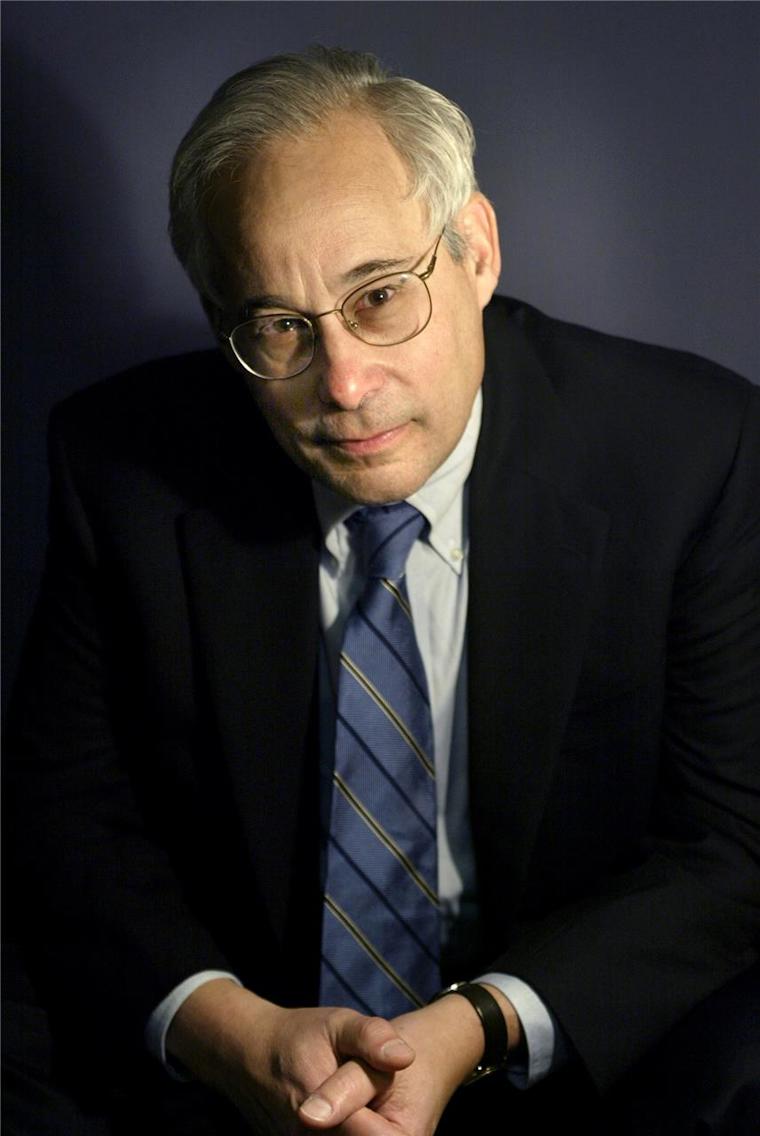This year’s Marvin R. Dunn Keynote Speaker issued a powerful challenge to the graduate medical (GME) community: to take on not just the job of clinical care, but to advocate for the “moral determinants of health,” a set of actions to address many of the underlying societal causes that lead to poor clinical health and clinical health outcomes.
“There needs to be a reckoning, I think,” said Donald Berwick, MD, MPP, FRCP, KBE. “And that leads me to you.”
Dr. Berwick, the president emeritus and senior fellow of the Institute for Healthcare Improvement and former administrator of the Centers for Medicare and Medicaid Services, spent much of the presentation building the case for how social determinants of health impose devastating effects on an individual’s—or a group of individuals—longevity and quality of life. The heightened awareness of systematic racism and inequity against the backdrop of the COVID-19 pandemic underscored these problems.
“Health care is a repair shop,” he said. “These ills were created somewhere. They were caused, but the causes are not in health care.”
When looking at health care reform, Dr. Berwick said he typically applies the “triple aim” - Does it improve quality? Does it reduce disparities/address social determinants of health? Does it reduce waste cost? - as a framework to determine if it’s a good plan. Now, there’s new context: the pandemic is leading to a new normal and to the increased national awareness of and attention on structural racism.
To give a common foundation, Berwick described the social determinants of health as outlined in Sir Michael Marmot’s book, Well:
- Early childhood experiences
- Education attainment, particularly of women and children
- Work and the workplace (Are workplaces safe? Is pay a living wage?)
- Experience of elders (Are older citizens connected? Do they suffer loneliness?)
- Community resilience (food security, area violence, recreation opportunities)
The sixth social determinant according to Marmot, Dr. Berwick said, is fairness. This is the “cause of the causes” and determines the social investments and in terms of social determinants of health, those social investments make the difference between addressing a problem and avoiding it.
Using decades’ worth of data, Dr. Berwick repeatedly demonstrated how these five dimensions lead to chronic illness and premature death, with particular emphasis on how negative early childhood experiences (trauma, lack of education, malnutrition) have longstanding effects well into adulthood.
Using a series of maps of American cities, Berwick showed where the social determinants of health were the most negative (lots of violence, low education attainment, widespread food insecurity, etc.) and then overlaid racial demographics on those maps.
“Kids of color are being raised in neighborhoods with much more stress [and] lower opportunity,” which leads to higher rates of chronic illness and premature death in adulthood, he said.
None of this information is new, Dr. Berwick added. This data has been available for decades, but the pandemic and calls for social justice and racial equity following the murder of George Floyd have brought these issues into the spotlight. And with that spotlight shining, we as a society have an opportunity to act upon the moral determinants of health, Dr. Berwick said. These include:
- Embracing major human rights including those of women and children
- Identifying health care as a human right
- Acknowledging climate change and making a pledge to reverse it
- Radical reform of criminal justice
- Enacting compassionate immigration reform
- Ending hunger and homelessness
- Restoring order, dignity, and science as driving forces in democratic institutions
If society dedicated itself to these actions, “this would be a health agenda for the restoration of well-being in our country, and we are not doing it,” Berwick said.
With medicine and health care making up 18 percent of the nation’s domestic gross product, the medical community could choose to divert this power for the betterment of all, and “make our primary duty the restoration of health and well-being through working on social determinants of health and well-being.”
The implications for GME are still unclear, Dr. Berwick admitted. But if the community works together, it will find more answers than challenges, he said.
“You are preparing the people for the future,” he said, “and it’s time to raise these issues among us as stewards of the enterprise of health care, and maybe even more, of health in the nation.”
There must be energy and resources to make such an agenda work, he said. That energy won’t come from the financial sector, which is perfectly content with how things are going. It won’t come from politics, as many of these positions would tank a politician’s re-election choices. So, he posed, whose job is it to achieve these massive, necessary changes?
“Here’s the uncomfortable conclusion,” Dr. Berwick said. “It’s ours to do.”
Dr. Berwick’s Reading Recommendations
“New Jim Crow” by Michelle Alexander
“Well: What We Need to Talk about When We Talk about Health” by Sandro Galea
“The Health Gap” by Sir Michael Marmot
“Roadmap to Resilience” a report by the Office of the Surgeon General of California
If you missed this important talk, or any of today’s sessions, you can still register for access to the on-demand conference content, which will remain available for viewing through June 1, 2021. Learn more here.

